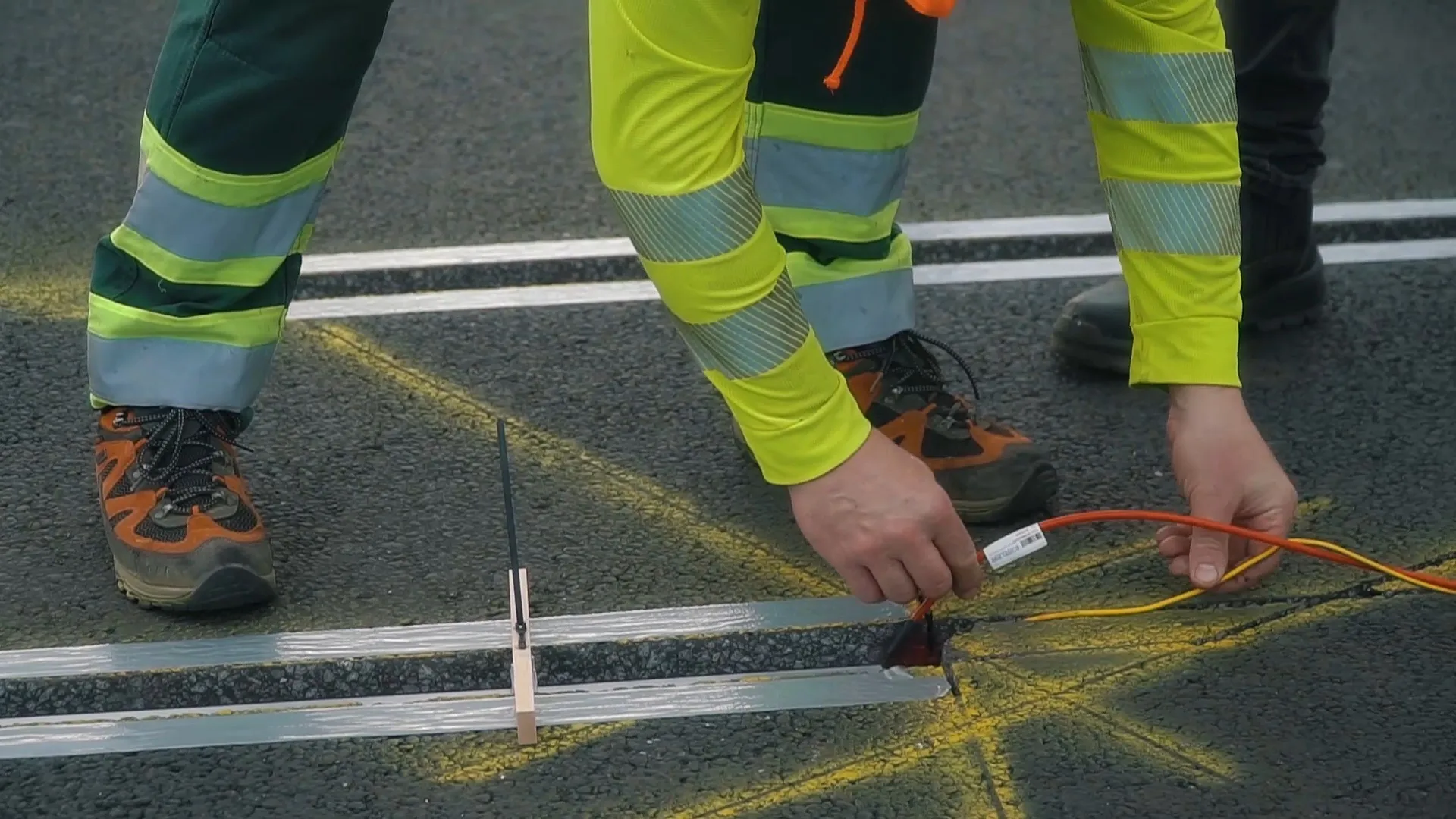
Ukraine is setting up Kistler Weigh in Motion (WiM) stations in an effort to tackle rapidly increasing road damage by overweight vehicles.
The systems from Swiss manufacturer Kistler allow Ukrainian authorities to automatically fine overloaded trucks. In addition, authorities will be able to analyse the data to help predict when a given road surface will need replacement or where further infrastructure development might be beneficial.
IRD and Intercomp have both recently announced WiM deals in the eastern European country, where the rapid decay of road surfaces has long been a big issue for Ukravtodor, the state agency responsible for maintaining the country’s major roads.
The intention is to have 250 WiM stations in Ukraine by 2025.
Wheel ruts, cracks, potholes and other types of road damage are a common sight, especially on major Ukrainian transport routes where it is estimated that almost every second truck is too heavy.
Almost immediately after a road has been constructed or repaired, damages start to appear. In the capital Kiev, the problem is most acute. About 40% of all trucks on the road around the city are either overweight or violate size restrictions.
On the agency’s website, Oleksandr Kubrakov, chairman of Ukravtodor comments that if everything is left as it is, a newly constructed road’s lifespan is a mere two years.
To prevent this scenario, the national government launched a campaign to combat weight violations on Ukrainian roads that includes large-scale introduction of WiM stations to back up the government’s resolve.
Already, 45 WiM sites have been set up on crucial transport routes across Ukraine. They weigh all passing vehicles without disrupting traffic and transmit the data to a control cabinet by the road for analysis. If the vehicle is too heavy, a camera automatically takes a picture of the license plate and sends the collected information to the local authorities, who will then fine the offending driver or logistics company.
Kistler says that the Ukraine is not the first country in the region to install WiM technology on a large scale to reduce the number of overloaded vehicles.
“We have been providing WiM systems for direct enforcement in countries like the Czech Republic, Russia and Hungary for several years now,” says Tomas Pospisek, regional manager for Eastern Europe within the Traffic Solutions business at Kistler Group.
“Combined with our expertise in collecting and analysing data from the sensors, our practical experience has allowed us to build a complete system that is very precise and reliable. All its components are streamlined and work hand in hand,” says Pospisek.










